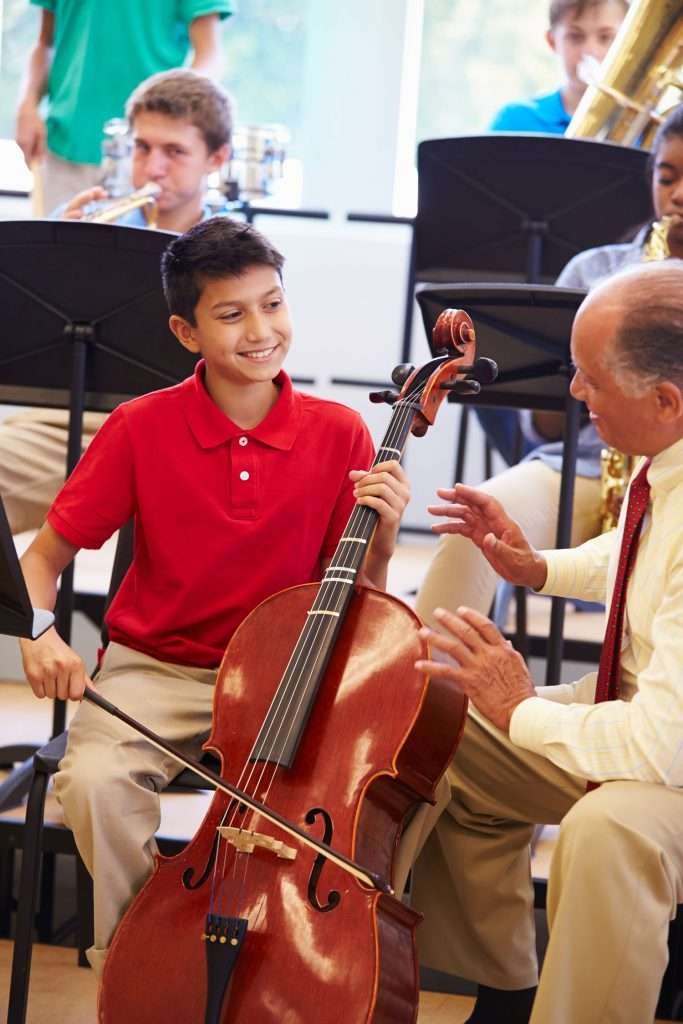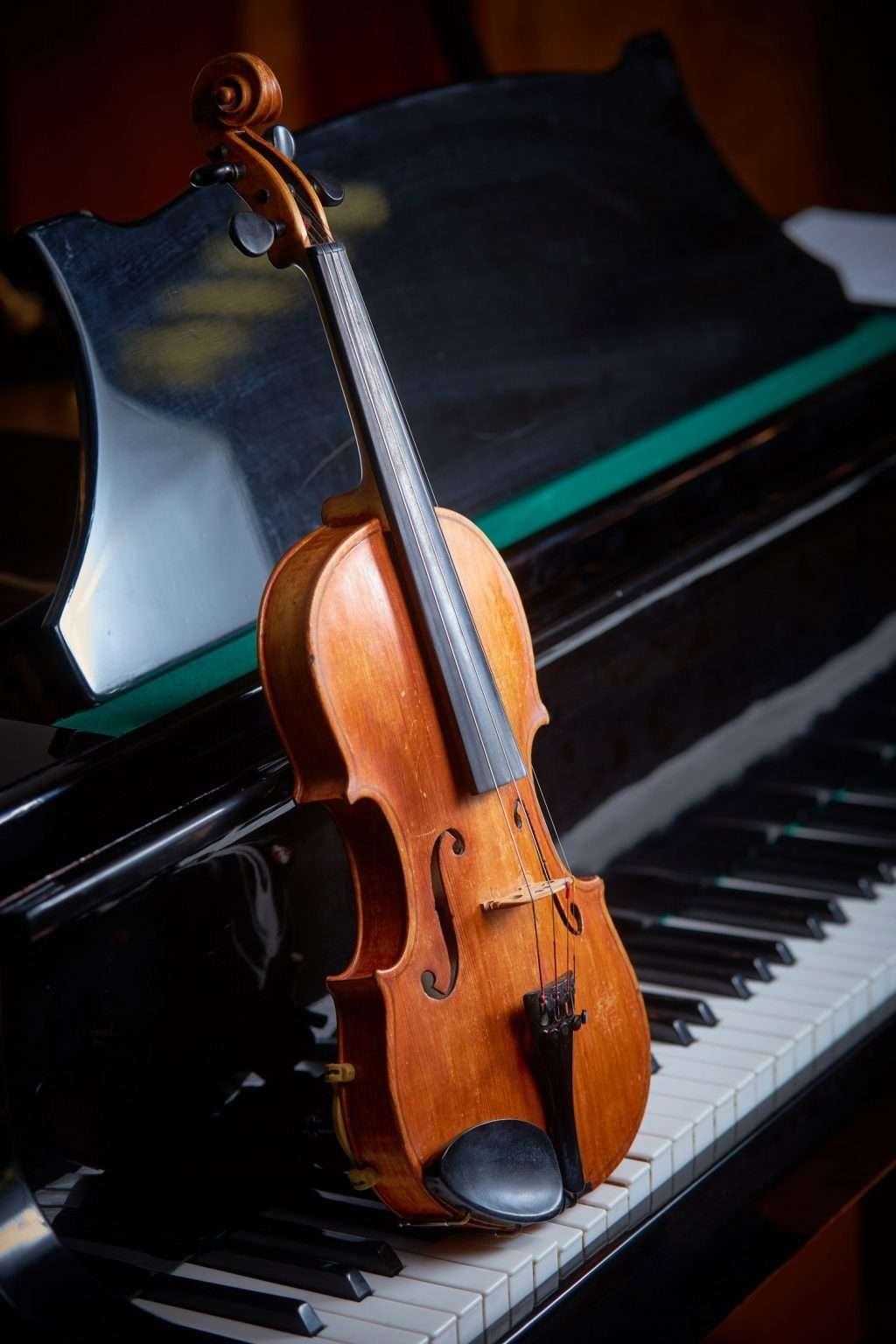Teaching the piano comes with a number of advantages.
The piano is one of the easiest to teach. When played right, it can produce sounds with different emotions depending on the keys and chords. Like every other instrument, the piano can make impressive music.
When it comes to basic piano lessons, all students must learn keyboarding. This is fundamental in playing notes and different parts of an arrangement or a song. It’s helpful that the piano keys are laid out logically. In comparison to math, the keys are logically arranged, like counting from one to ten.
Another advantage in the piano is the visual marks of the white and black keys. Once a new piano student learns the keys, they can basically start practicing on their own. Unlike string instruments, the piano is a very visual instrument.
The piano also teaches you to use the treble and bass clef. This feature of the piano teaches not only the fundamentals of the instrument, but of music in general.
Understanding how to read music is key to being a great musician. It opens opportunities to be able to play other musical instruments, too. It also helps a student to learn how music is created and put together. Aside from playing notes on the piano, you can also sing an arrangement by looking at the music sheets.
Music teachers online could easily teach piano since the instrument’s form makes it easier to understand.
Like the piano, the violin is a musical instrument that has a great history. It is an instrument you can play on its own and it appeals to many people.
Though the violin does not have frets, notes are played by placing the fingers on the strings and bowing.
Playing a violin trains your ear to tuning and pitching. The brain has an amazing capacity to remember notes and develop a memory that will guide your hands and fingers. Therefore, teaching the violin requires you to be an adept violinist too.
Violins are portable and can be taken anywhere. So music teachers who teach the violin can go and meet with their students anywhere. Online music teachers can easily hold their violins up to the camera as well.
Though a violin can be played solo, it is great when played with a group. Teaching how to play the violin involves teaching how to blend with others by playing along with other musical instruments.








